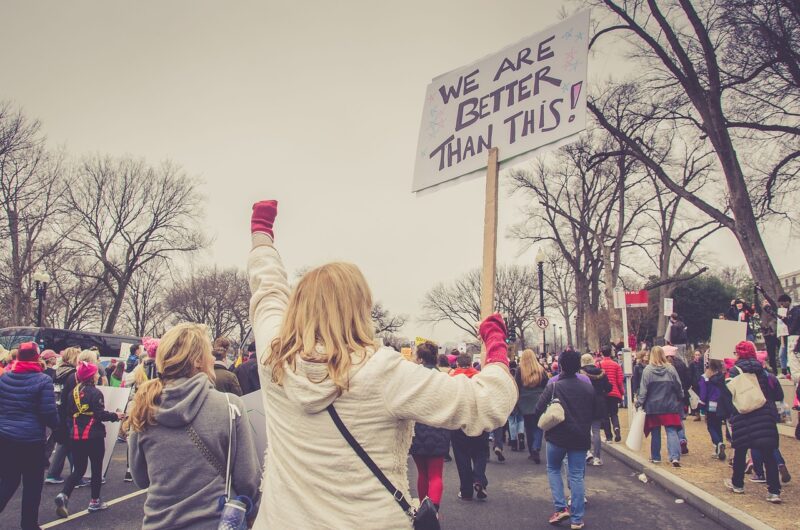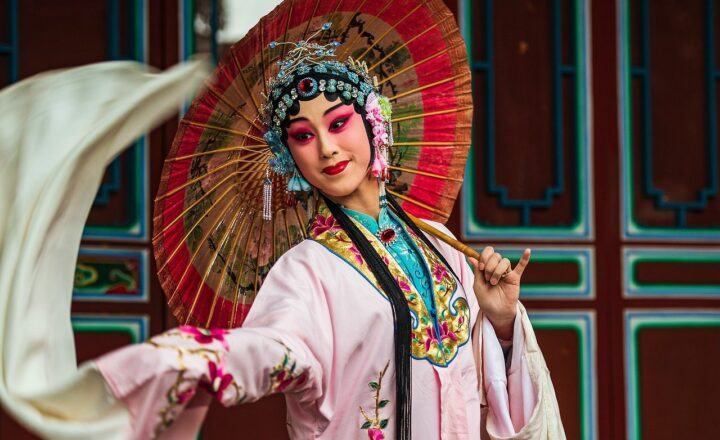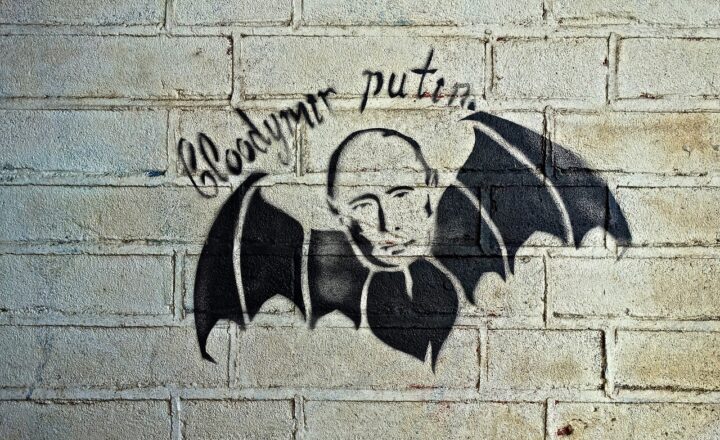The Role of Pop Culture in Shaping Social Movements Throughout History
November 18, 2024

Pop culture is not merely a reflection of societal norms and trends; it is a powerful catalyst that can shape, influence, and drive social movements throughout history. From music and literature to fashion and film, elements of popular culture have been instrumental in galvanizing public opinion, spreading awareness, and creating a sense of community among individuals advocating for change. This article explores the intricate relationship between pop culture and social movements, illustrating how they have intertwined to create a platform for expression, activism, and transformation across various eras and contexts.
1. The Interplay of Pop Culture and Social Change
Understanding the dynamics between pop culture and social movements requires us to recognize the roles that entertainment and cultural expressions play in public consciousness. Pop culture serves as both a mirror and megaphone for societal issues, acting as a means by which individuals can rally for change while also offering criticism of established norms.
Throughout history, art, music, and literature have transcended their traditional boundaries to become instrumental in pushing social agendas. Key examples include:
- The Civil Rights Movement: Music has played a pivotal role in conveying the sentiments of the Civil Rights Movement in the United States. Songs like “We Shall Overcome” and “A Change is Gonna Come” became anthems of hope and resistance, galvanizing support and participation in protests while highlighting the struggles faced by African Americans.
- The Feminist Movement: Iconic figures such as Madonna and Beyoncé have used their celebrity status to advocate for women’s rights and gender equality. Music videos, lyrics, and public statements that challenge patriarchal views have inspired dialogue and empowered individuals to demand change.
- The LGBTQ+ Rights Movement: The visibility of LGBTQ+ artists in pop culture—such as RuPaul, Elton John, and Lady Gaga—has been crucial in advocating for LGBTQ+ rights. Their contributions have not only educated the public but also fostered acceptance and understanding within society.
Pop culture not only mirrors these movements but often provides them with necessary visibility and support, helping to propel social change forward.
2. Case Study: Music as a Tool for Activism
Music has consistently been at the forefront of social movements, acting as a unifying force among activists. The Harlem Renaissance, Woodstock, and the protests against the Vietnam War all utilized music as a voice for discontent and change. Consider the following:
- The Anti-War Movement: During the Vietnam War, musicians like Bob Dylan, Joan Baez, and Crosby, Stills, Nash & Young wrote powerful songs that critiqued government actions, galvanized the youth, and encouraged peaceful protest, profoundly impacting public opinion about the war.
- Hip-Hop and Social Justice: In the late 20th century, hip-hop emerged as a voice for marginalized communities, addressing issues ranging from police brutality to systemic inequality. Artists such as Public Enemy and N.W.A. used their platforms to highlight social injustices, creating a dialogue that resonated within and beyond their communities.
- Contemporary Issues: The rise of musical protests in recent years has continued to leverage pop culture’s reach. Songs like Kendrick Lamar’s “Alright” have become anthems within the Black Lives Matter movement, echoing the frustrations and hopes of a new generation fighting for equality and justice.
Ultimately, music not only accompanies movements but often propels them, creating a sense of unity and urgency that inspires action.
3. Pop Culture in Film and Literature: Narratives of Change
Film and literature have also played vital roles in shaping social movements. By presenting narratives that reflect societal struggles, they inspire empathy, provoke thought, and galvanize action. Significant contributions include:
- Film’s Influence: Movies like “Selma” and “Milk” give audiences a conduit to understand historical events and the fighters of social change. They create relatable and palatable content that can drive collective outrage and inspire a new generation to advocate for justice.
- Literature’s Power: Essential works such as “The Handmaid’s Tale” by Margaret Atwood have sparked discussions about women’s rights and authoritarianism, becoming critical touchstones within feminist and human rights movements. Similarly, “The Hate U Give” by Angie Thomas examines systemic racism and police violence, resonating with young readers and shaping their understanding of societal issues.
- Documentaries as Activism: Modern documentary films can bring urgent social issues to the forefront, such as “13th” and “Won’t You Be My Neighbor?” These films educate audiences about systemic injustices and challenge viewers to engage in advocacy efforts, often prompting social action and community organization.
Film and literature serve as powerful mediums that encapsulate the essence of social movements and incite public discourse on critical issues.
4. Fashion: A Statement of Identity and Resistance
Fashion has often been a form of expression and resistance, signaling alignment with social movements and causing waves of social commentary. Fashion icons like Rosa Parks and more modern movements like Black Lives Matter exemplify how clothing styles and choices can convey deeper meanings:
- 1970s Feminism: The feminist movement brought about significant changes in fashion, as women began to reject restrictive clothing in favor of comfort and freedom of expression. This rebellion against traditional male-centric styles was symbolic of the broader fight for women’s liberation.
- The Rise of Streetwear: Today, streetwear has evolved as a form of identity among marginalized youth, asserting cultural pride and identity. Brands that champion inclusive messages unleash their influence on public consciousness, furthering social dialogues about race and class equality.
- Fashion Activism: Modern designers and brands often embrace activism by promoting sustainability and ethical practices, signaling a broader drive towards environmentalism and social justice. Campaigns like “Fashion Revolution” advocate for transparency within the fashion industry, urging consumers to rethink their purchasing decisions and support ethical brands.
Through fashion, individuals express solidarity and resistance, shaping perceptions and societal values.
5. The Digital Age: Pop Culture Meets Activism
The advent of the internet and social media has revolutionized the interaction between pop culture and social movements. Popular figures can now reach millions with a single post or tweet, exponentially amplifying their messages:
- Viral Movements: Social media campaigns such as #MeToo and #BlackLivesMatter have transcended geographic boundaries, bringing issues to light and encouraging global participation. Mobilizing large groups around a common cause has enabled these movements to achieve unprecedented visibility and influence.
- Influencers as Activists: Today, influencers and celebrities leverage their platforms to raise awareness and funds, creating a new paradigm of activism where pop culture figures can enhance the visibility of important social causes with their immense followings.
- Crossover Content: Content creators blend entertainment with advocacy, creating campaigns that appeal to younger audiences. Platforms like TikTok allow for creative expression through short videos that highlight important issues and mobilize peer engagement beyond traditional media formats.
In a digitally connected world, pop culture’s role in social change is more profound, relevant, and immediate than ever before.
6. Conclusion
Pop culture is an essential part of the fabric of social movements, acting as a powerful tool for expression, education, and activism. By converging creativity with the urgent need for social change, pop culture not only influences the narrative around various issues but also helps mobilize support and drive collective action. The relationship between pop culture and social movements will continue to evolve, but one thing remains clear: the voice of the people, amplified through art, music, film, and fashion, can lead to transformative change throughout history.







